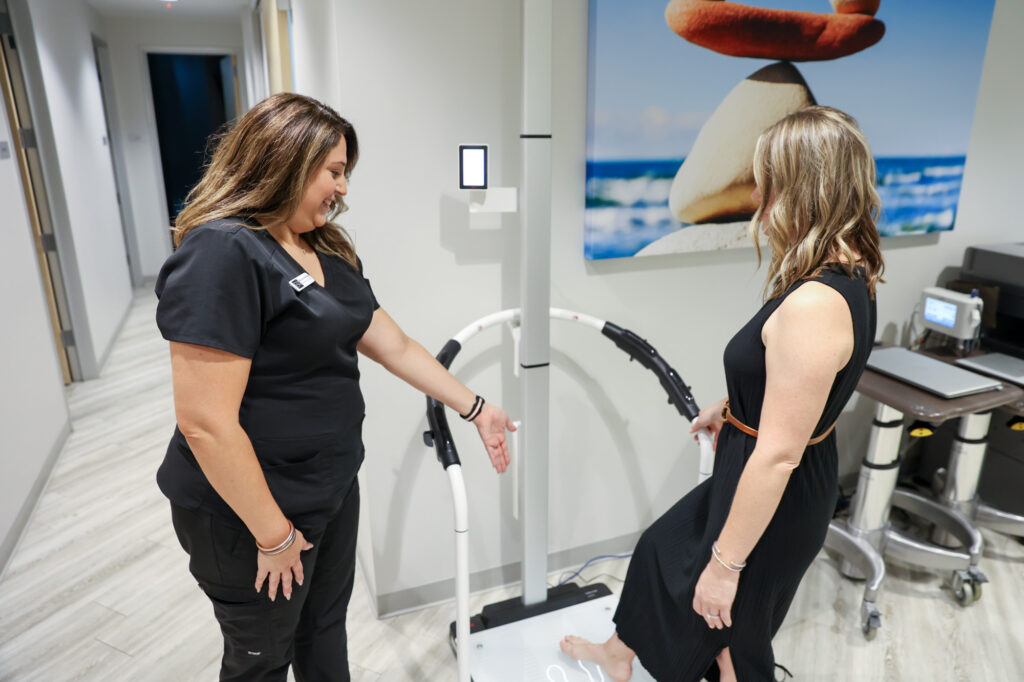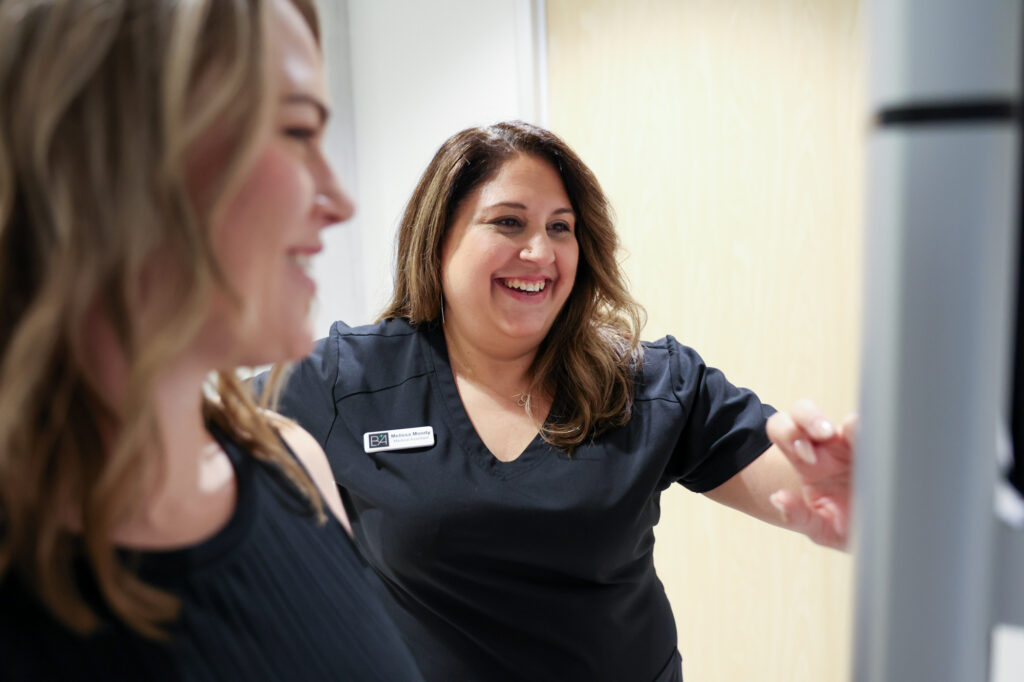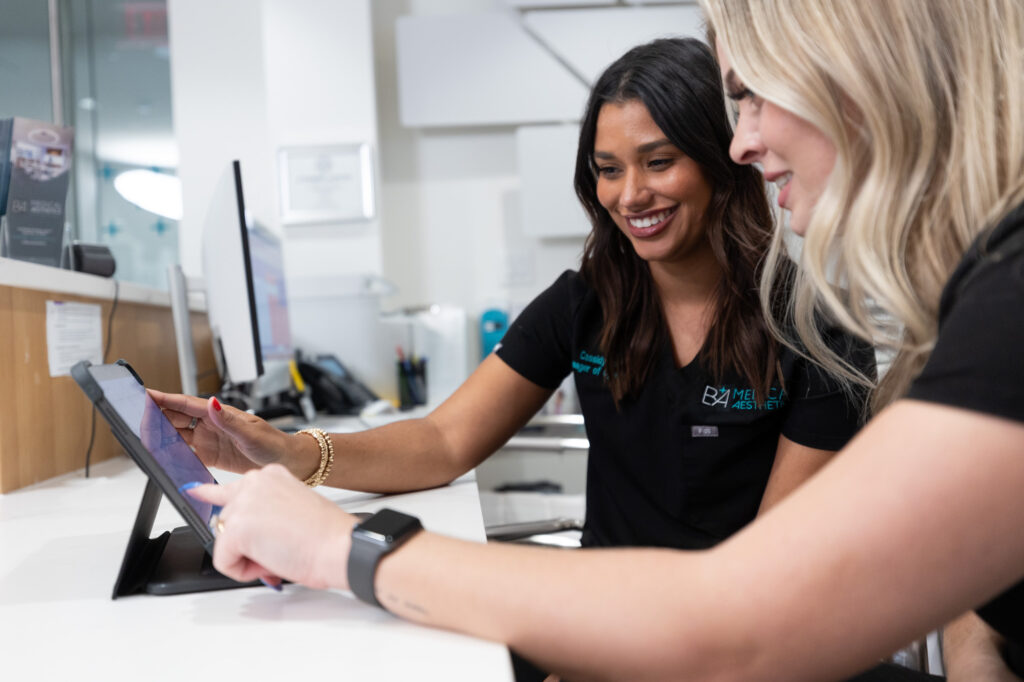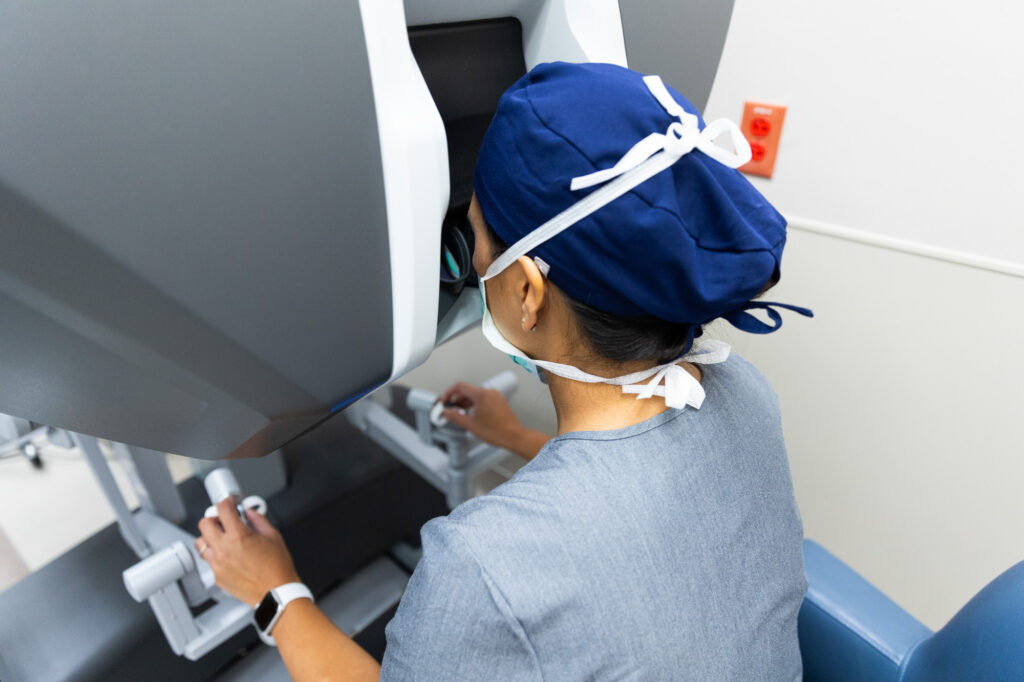We require patients to lose 5-10% of their body weight before surgery. Our registered dietician provides a comprehensive diet and exercise plan to help you achieve this.



1
First, you will sit down with one of our surgeons, Dr. Basa or Dr. Abando, to discuss your concerns, medical history, and weight loss goals. Then, we will discuss treatment options and help you decide the best path for your needs. During the consultation, you will learn more about our program through easy-to-understand education and get to know the team at B+A Surgeons.
2
If you decide to pursue surgery, our team will set you up with cardiac testing, psychological testing, and other required tests depending on your medical history. In addition, you will meet with our registered dietician, who will help you lose 5-10% of your body weight prior to surgery. This step is crucial in helping your body prepare for a surgical procedure, and for starting to build healthy habits and momentum in your weight loss journey from day one.
3
B+A Surgeons will perform your procedure using the da Vinci Surgical System. This advanced technology allows our surgeons a better view of the abdomen and increases the capabilities of our tools. As a result, patients have faster recovery times and experience less pain after surgery.
4
Your journey with B+A Surgeons doesn’t end after surgery. Our founders, Dr. Basa and Dr. Abando, designed a comprehensive program to help patients achieve long-term success. As your lifelong partner in this journey, we provide support groups, guidance from registered dietitians, follow-ups with our physician assistant, and additional resources to help you achieve your goals.
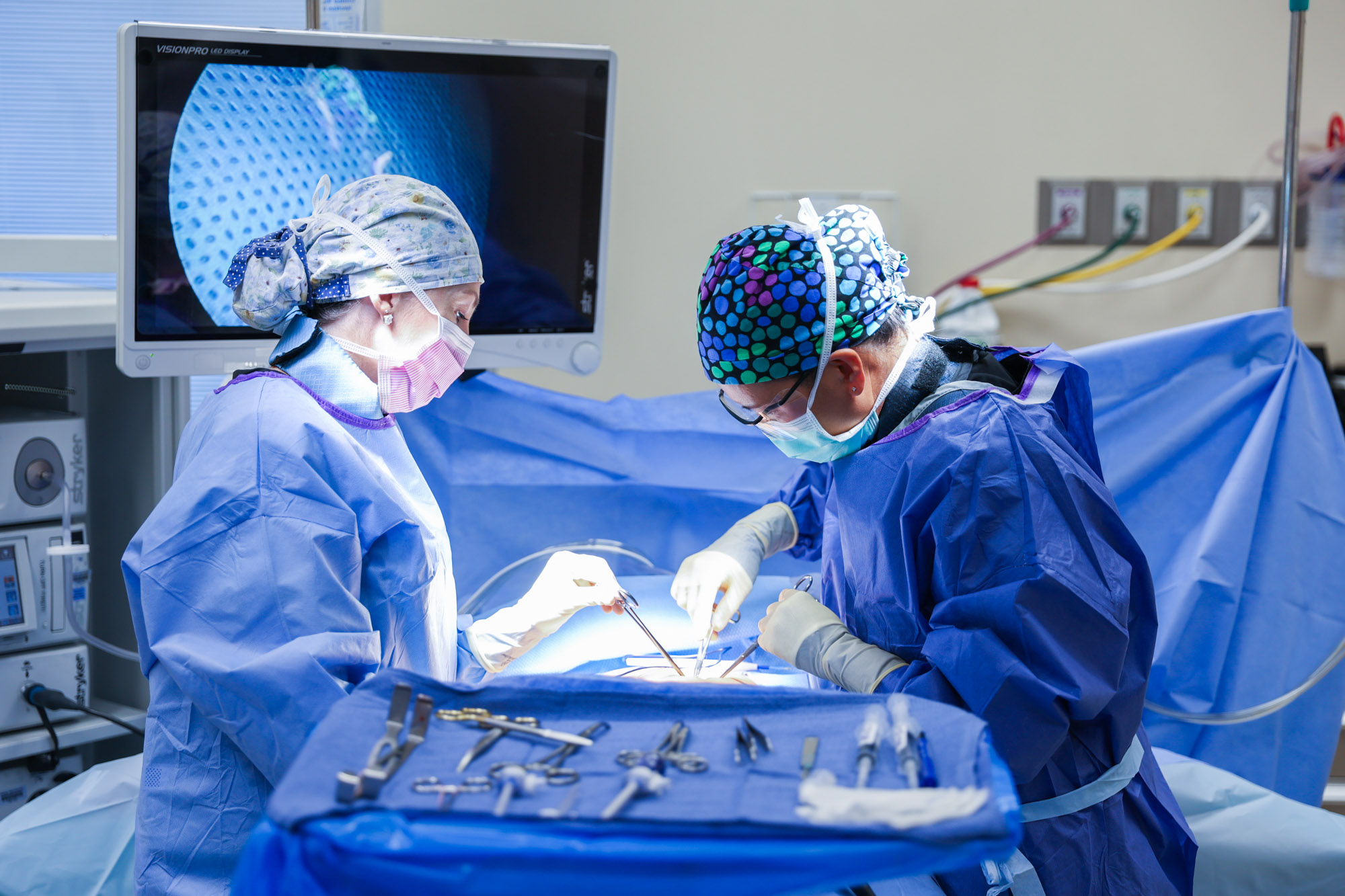
Gastric Sleeve
Gastric sleeve surgery removes approximately 85% of the stomach to restrict caloric intake and reduce hunger signals.
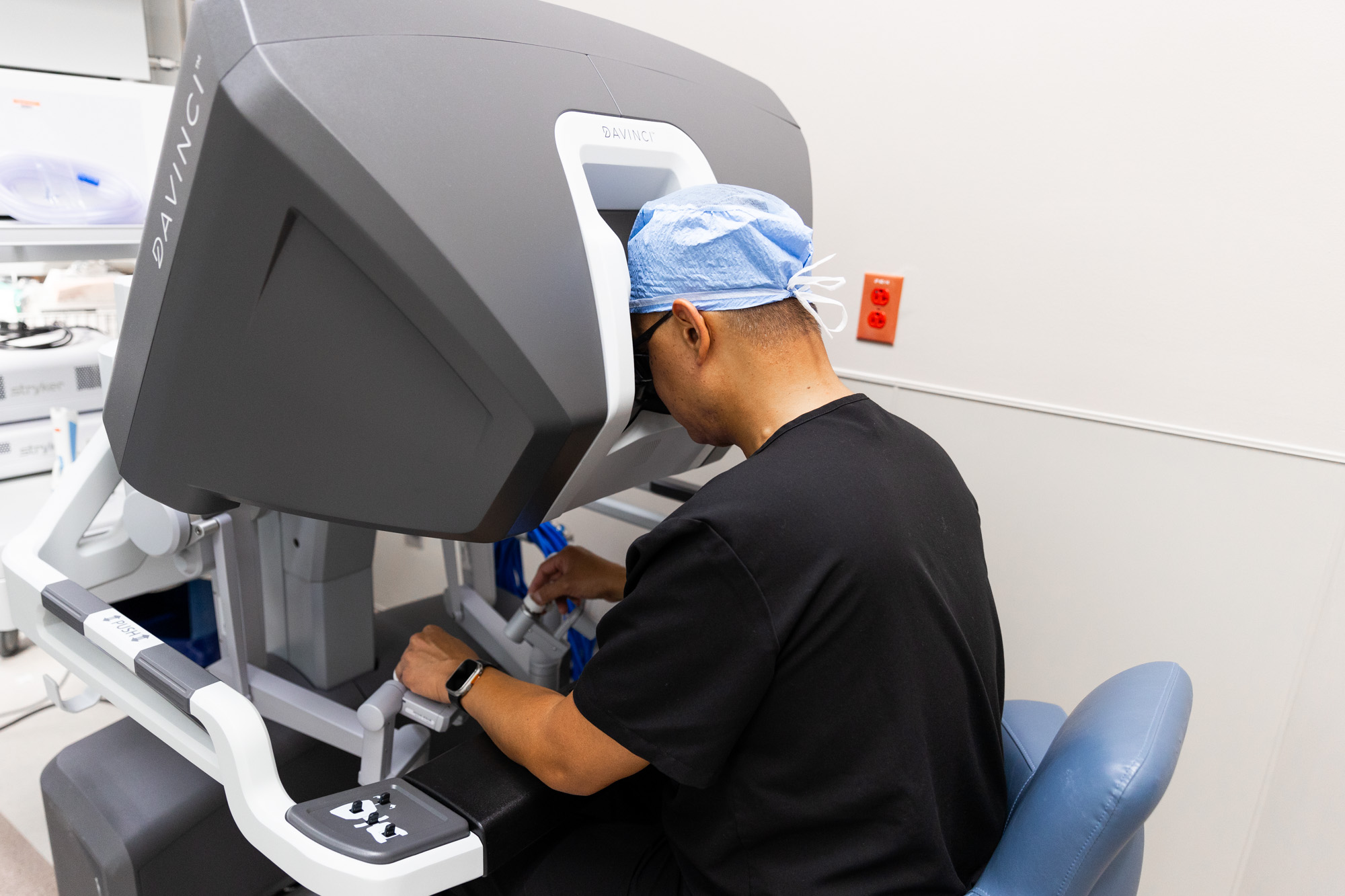
Gastric Bypass
Gastric Bypass reduces the size of the stomach and re-routes a portion of the digestive system to decrease caloric absorption. (Patients cannot take NSAIDs after this procedure due to increased risk of ulcers.)
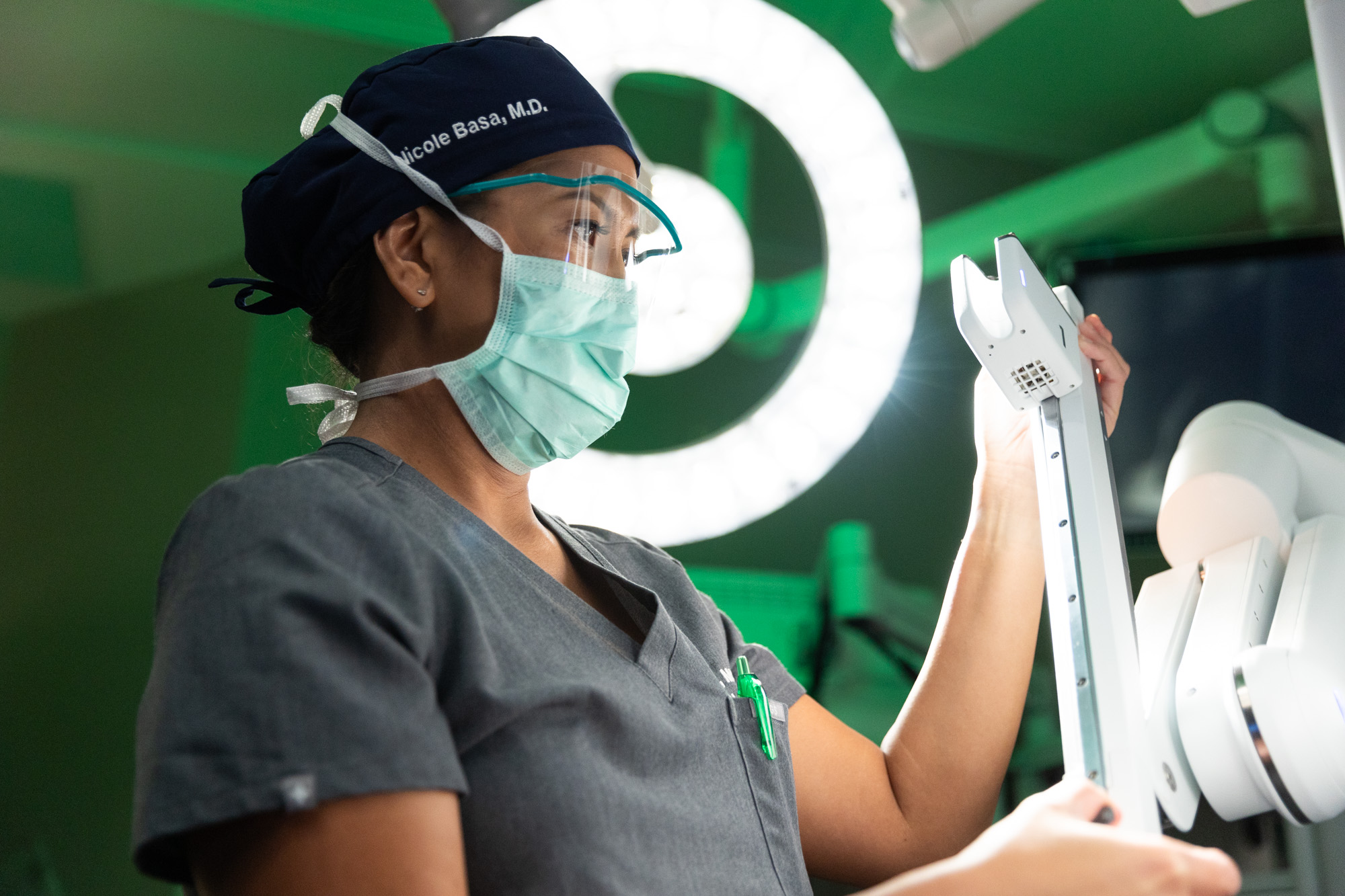
Modified Duodenal Switch (SADI)
SADI combines a sleeve gastrectomy (where part of the stomach is removed) and a gastric bypass (where the intestines are rerouted). Patients can take medications like NSAIDS after this procedure.
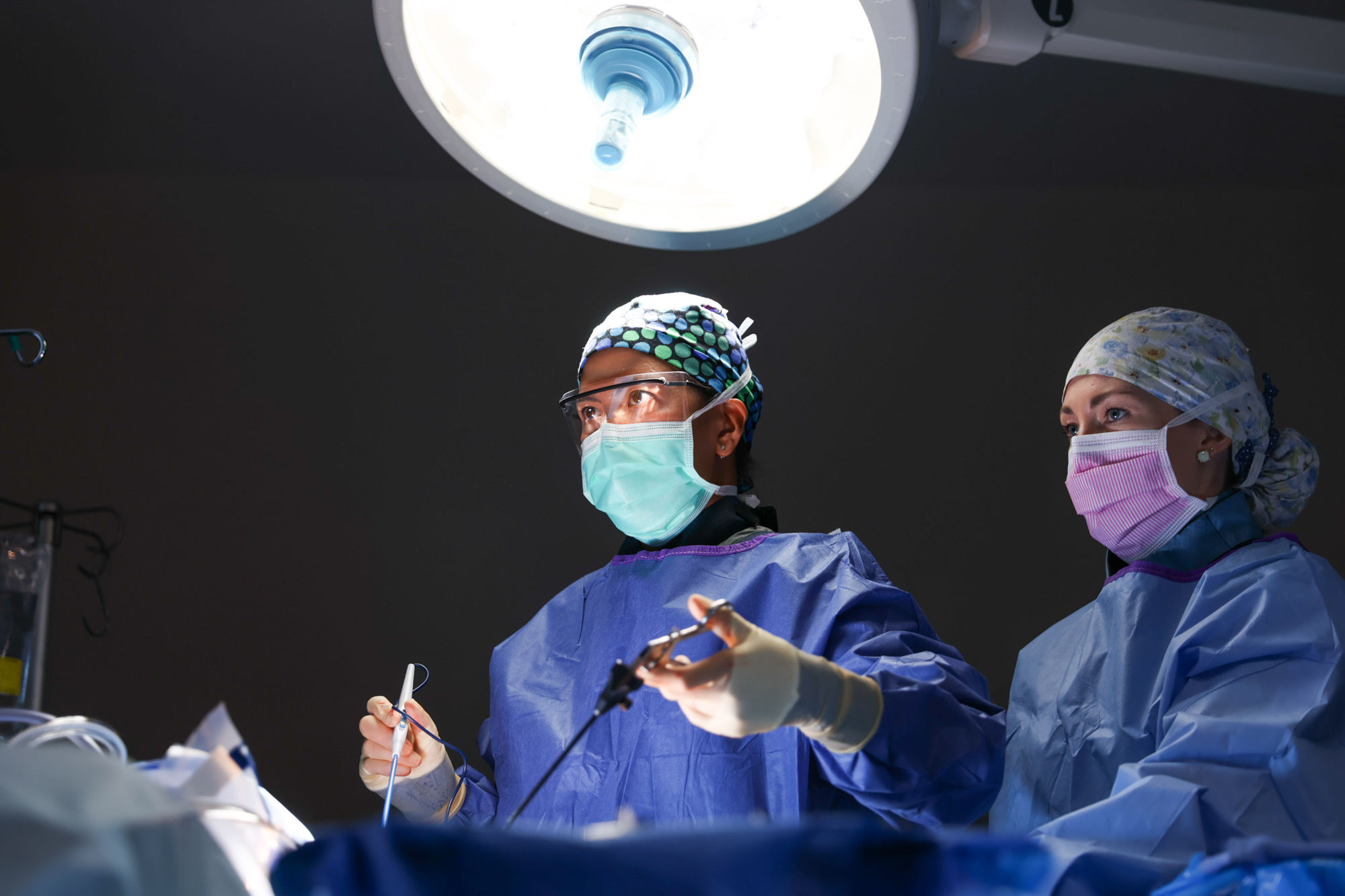
Gastric Band Removal
We remove ineffective gastric bands (“lap bands”) that may be causing adverse affects. We can also replace them with a more effective solution if desired.
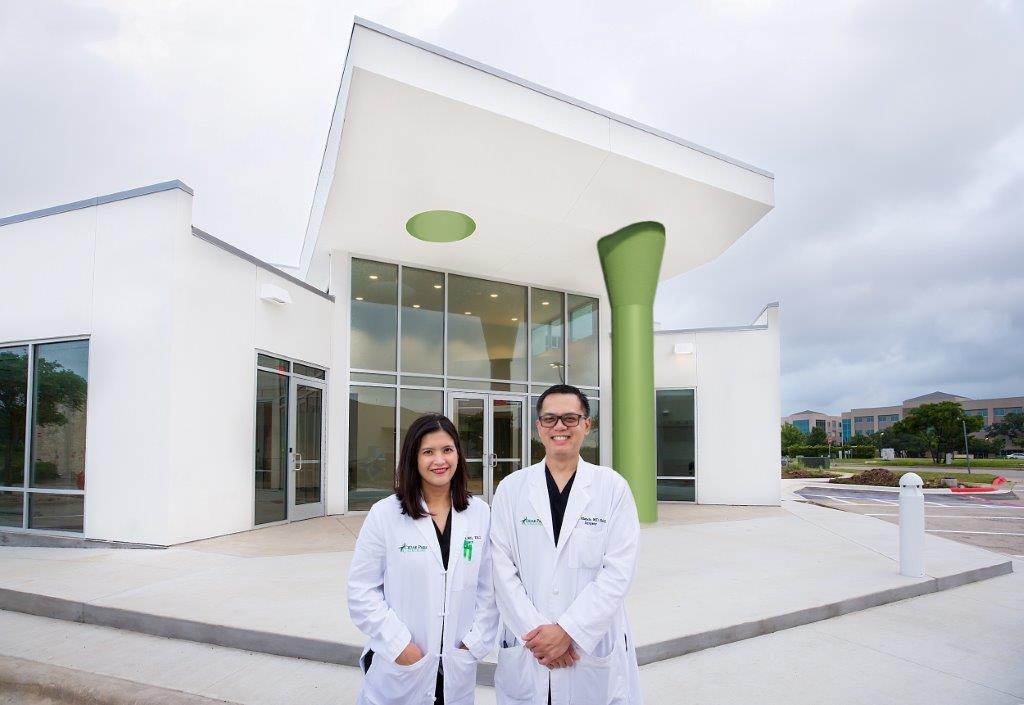
Learn more with our bariatric screening tool
Virtual Bariatrics ToolCurrently, B+A Surgeons operate in a hospital conveniently located near the B+A Medical Center. Pre-op and post-op care, guidance, lab work, testing, and appointments all take place at the B+A Medical Center.
Bariatric surgery in Austin is not right for everyone. Our physician assistant and registered dietitians provide non-surgical weight loss programs, guidance, and support to help you lose weight.
